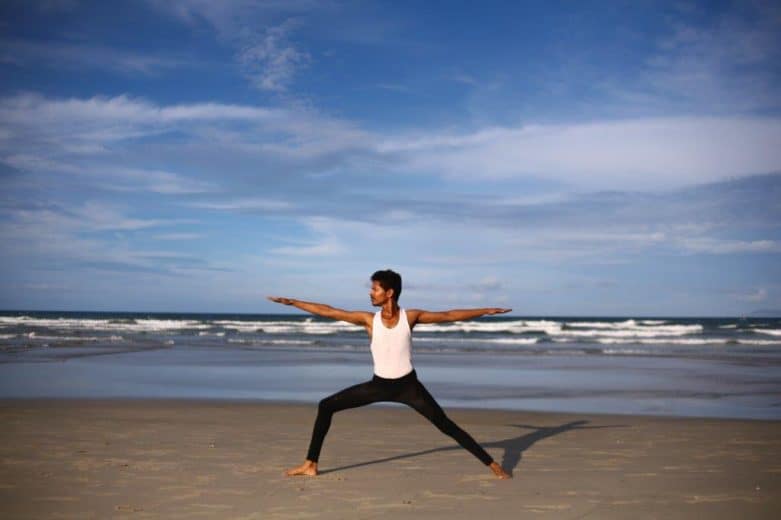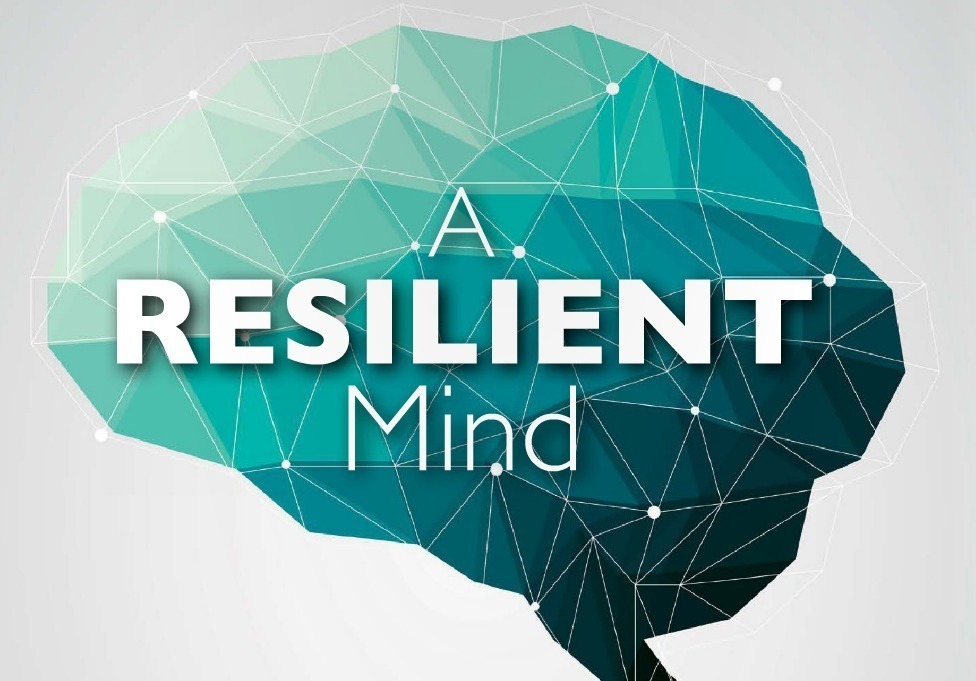Posts Tagged ‘state-of-mind’
Study: Meditation practice, both formal and informal, helps develop equanimity over time
We are living through a time of uncertainty, a sky-high pile of question marks. It has become increasingly difficult to make plans because the state of our world today is so volatile due to the coronavirus pandemic. Some people are adapting to their homes becoming their offices indefinitely, or in danger of losing their jobs,…
Read MoreThree evidence-based ways to develop a resilient mind
___ Life throws chaos at us on a regular basis—whether it’s our finances, our relationships, or our health. In the work world, around 50 percent of people are burned out in industries like health care, banking, and nonprofits, and employers spend $300 billion per year on workplace-related stress. In response, we just keep on pushing…
Read MoreFrom Distress to De-Stress: helping anxious, worried kids (Part 2 of 2)
Last week, in this article’s first part, we discussed the importance of actually teaching children how to get themselves into a physical state of being relaxed, explored several suggestions I hope you found useful. Let’s continue. Teachers can help student overcome stress by teaching them to identify the impediments they might encounter in doing a…
Read MoreFrom Distress to De-Stress: helping anxious, worried kids (Part 1 of 2)
Teaching kids how to relax. Consider this vignette: ‑Roxanne: (agitated and loudly) I can’t stand this freakin book! ‑Teacher: Roxanne, you need to take it easy. Just calm down! Try to relax.You need to finish your reading. ‑Roxanne: (to herself) Right easy for you to say, teacher. But very hard for me to do. What do…
Read More

